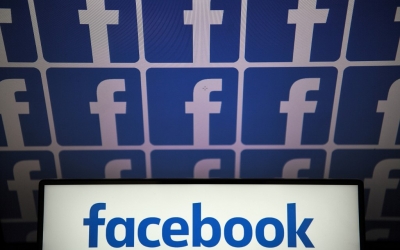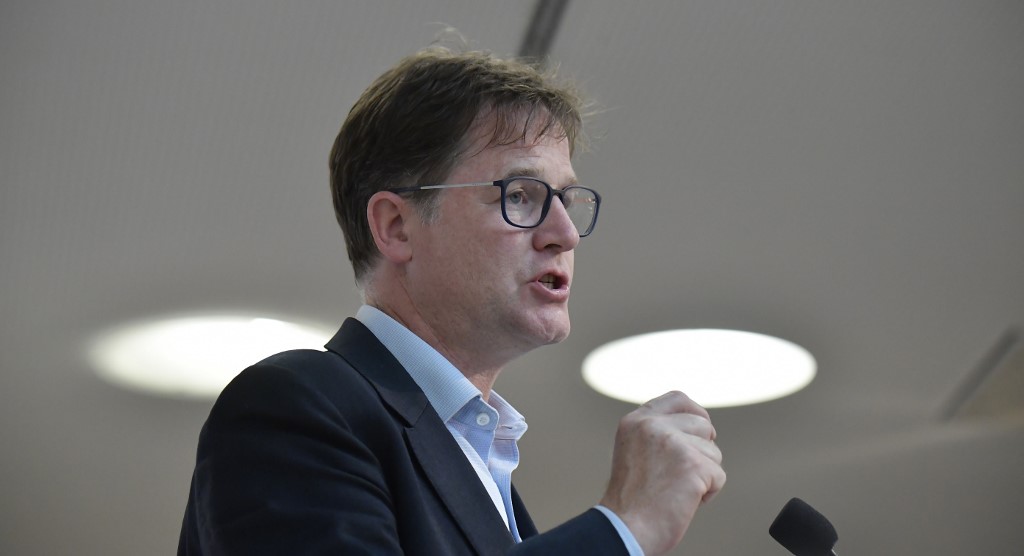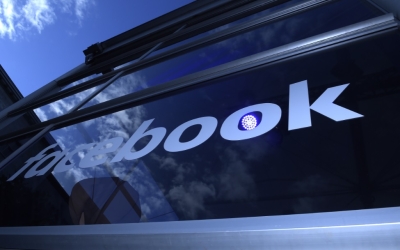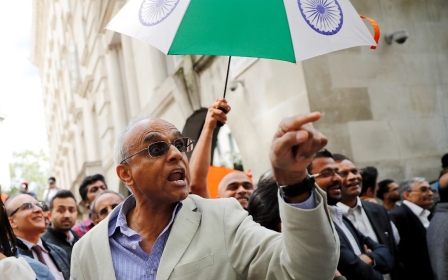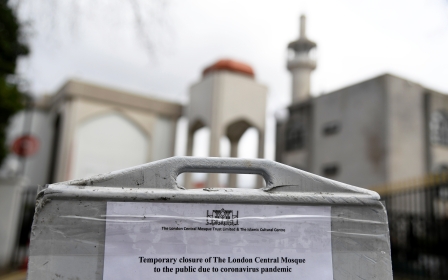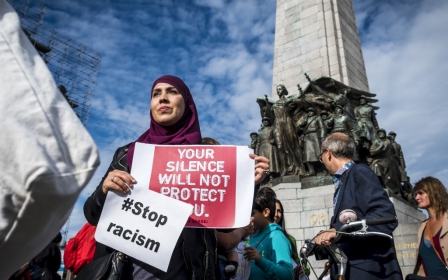Nick Clegg should directly address Facebook's role in spreading Islamophobia
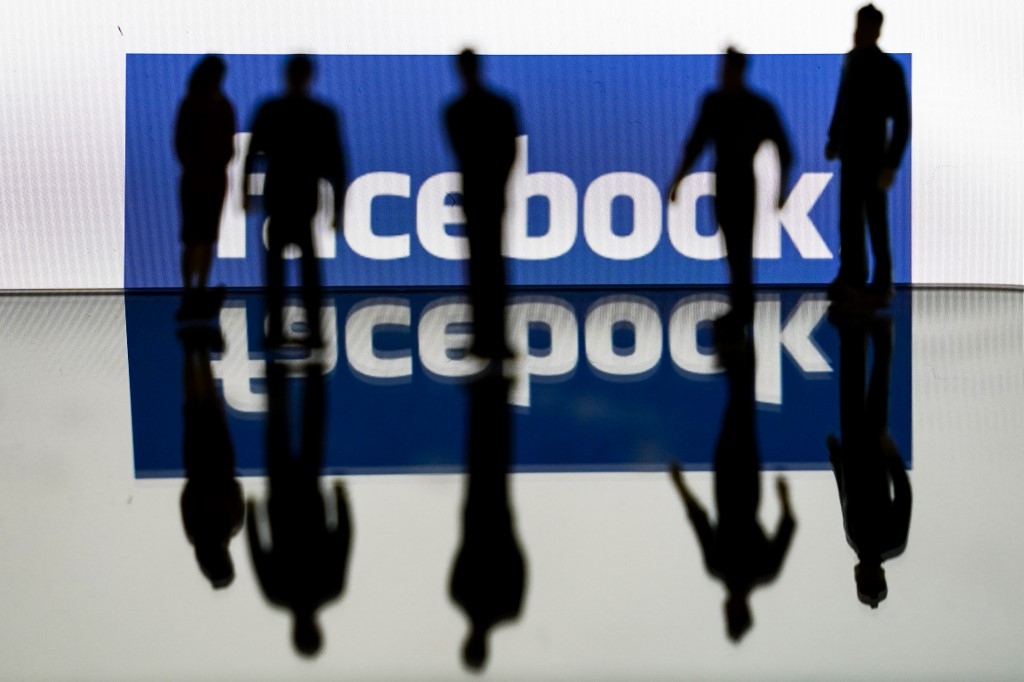
I admit I was surprised when the former British deputy prime minister, Nick Clegg, took up a senior communications role at Facebook. The salary - reported to be over £1m ($1.3m) a year - was alluring.
But Clegg has a reputation to maintain. Facebook has a terrible record of being used as a platform to spread hatred, including antisemitism and other kinds of bigotry, so much so that if the social media platform was a British newspaper or magazine, it would have been closed down long ago.
Facebook has a terrible record of being used as a platform to spread hatred, including antisemitism and other kinds of bigotry
So I was delighted when Middle East Eye last month published an article highlighting one noxious aspect of the bigotry platformed by various Facebook users on their accounts: sectarian violence and hatred against Muslims.
The piece highlighted how military generals used Facebook to incite the massacres of the Rohingya in Myanmar. Likewise, false rumours spread via Facebook stoked violence against Muslims in Sri Lanka in 2018.
In fairness, Clegg was not working for Facebook at the time of either of these events. But Facebook's issue with the Islamophobic views of its users has continued during his tenure. The problem is particularly acute in India, where Islamophobic content is "the biggest source of hate speech," according to reports last year.
New MEE newsletter: Jerusalem Dispatch
Sign up to get the latest insights and analysis on Israel-Palestine, alongside Turkey Unpacked and other MEE newsletters
The chilling case of T Raja Singh, a member of India's ruling BJP, is a striking example. Singh had taken to Facebook to call for the killing of Rohingya Muslim refugees, to threaten to raze mosques, and to label Indian Muslim citizens as traitors. While Facebook staff deemed his account should be banned, it was not initially, and a report from the Wall Street Journal alleged a senior official opposed the ban.
Instead, Facebook took steps to remove offending content that Singh had posted, which violated their policies on hate speech, before eventually banning his profile altogether.
According to the Wall Street Journal, current and former employees of Facebook said that the Silicon Valley giant's public policy director for India "opposed applying the hate-speech rules to Mr Singh and at least three other Hindu nationalist individuals and groups flagged internally for promoting or participating in violence."
The employees allege that the policy director told staff members that "punishing violations by politicians from Mr Modi's party would damage the company's business prospects in the country". Whilst Facebook stated that these comments had been taken out of context, they did not provide any further clarity on the matter.
This apparent evidence of anti-Muslim bigotry in Facebook's India operation should be a matter of urgent concern, given religious tensions and communal violence in the country.
Fomenting sectarian violence
In light of all this, I sent a series of questions to Clegg in his capacity as Facebook's vice president of global affairs and communications. I put it to the former Liberal Democrat leader that Facebook had allowed its platform to be used to foment sectarian violence and hatred against Muslims.
I asked for his response to the evidence that generals used Facebook to incite the massacres of the Rohingya in Myanmar, and to the reports that false rumours spread via Facebook stoked violence against Muslims in Sri Lanka.
Noting that Facebook's issue with Islamophobic content on its platform has continued during his tenure in one of the company's most senior roles, I asked for his response. I also asked him whether he agreed that Facebook has allowed anti-Muslim hate speech on its platform in India.
I received no response from Clegg. Instead, I got a statement from a company spokesperson, asserting: "We reject many of these claims. We stand against Muslim hate and bigotry." In a detailed letter, the spokesperson cited "rules prohibiting hate speech targeting Muslims and members of any marginalised community," adding that these rules were enforced "globally".
The spokesperson said that Facebook invests "billions of dollars each year to keep our community safe," and laid out actions being taken in Myanmar and Sri Lanka, including hiring more "content reviewers who speak the local languages".
But the spokesperson ignored a number of my questions, particularly on the current controversies concerning Facebook in India.
Rules on hate speech
The statement did, however, say that "no decisions around content in any country are ever made unilaterally by just one person; rather, they are inclusive of different views from around the company, a process that is critical to making sure we consider, understand and account for both local and global contexts.
"We enforce our rules prohibiting hate speech and content that incites violence globally without regard to anyone's political position or party affiliation - including during the riots in Delhi last year when we removed content that praised, supported or represented the violence."
Employees wrote an open letter to Facebook demanding that company leaders acknowledge and denounce 'anti-Muslim bigotry' and ensure more policy consistency
The spokesperson also pointed out that Singh's account had been banned - although this only happened early this month, in the wake of the Wall Street Journal's revelations.
So I wrote back, giving Facebook and Clegg a second chance to answer my questions. Once again, Clegg failed to reply.
The Facebook spokesperson did say that Singh had been banned for "violating policy prohibiting those that promote or engage in violence and hate" and that the process for evaluating potential violators is "extensive and it is what led us to this decision". This raises additional questions about the handling of the case.
It is worth noting that 11 employees wrote an open letter to Facebook demanding that company leaders acknowledge and denounce "anti-Muslim bigotry" and ensure more policy consistency.
'Welcoming diversity'
I've known Clegg for 20 years. He is a decent man. In the early days of the coalition government, we would discuss policy towards Britain's Muslims; it was one of the points on which Clegg differed strongly from former prime minister David Cameron.
In 2011, when Cameron was disavowing "state multiculturalism" and calling for a stronger national identity to combat extremism at the Munich Security Conference, Clegg struck a different, more tolerant tone.
Speaking to an audience in Luton, Clegg said: "For me, multiculturalism has to be seen as a process by which people respect and communicate with each other, rather than build walls between each other. Welcoming diversity but resisting division: that's the kind of multiculturalism of an open, confident society."
It was this kind of principled stand for liberalism that saw Clegg and his party propelled to power with the Conservatives.
I don't think Clegg should hide behind a company spokesperson. He should directly answer questions about Facebook's role in spreading anti-Muslim hatred.
The views expressed in this article belong to the author and do not necessarily reflect the editorial policy of Middle East Eye.
Middle East Eye delivers independent and unrivalled coverage and analysis of the Middle East, North Africa and beyond. To learn more about republishing this content and the associated fees, please fill out this form. More about MEE can be found here.



